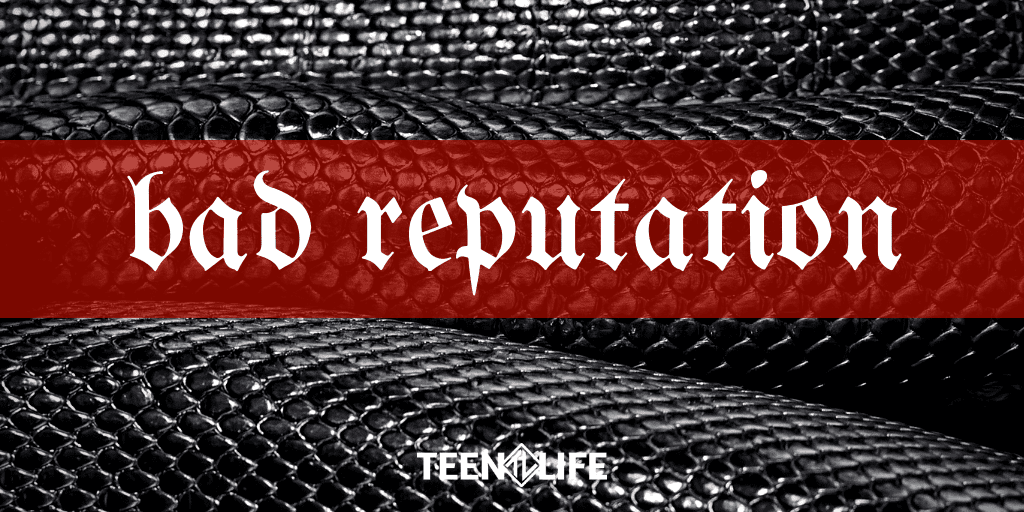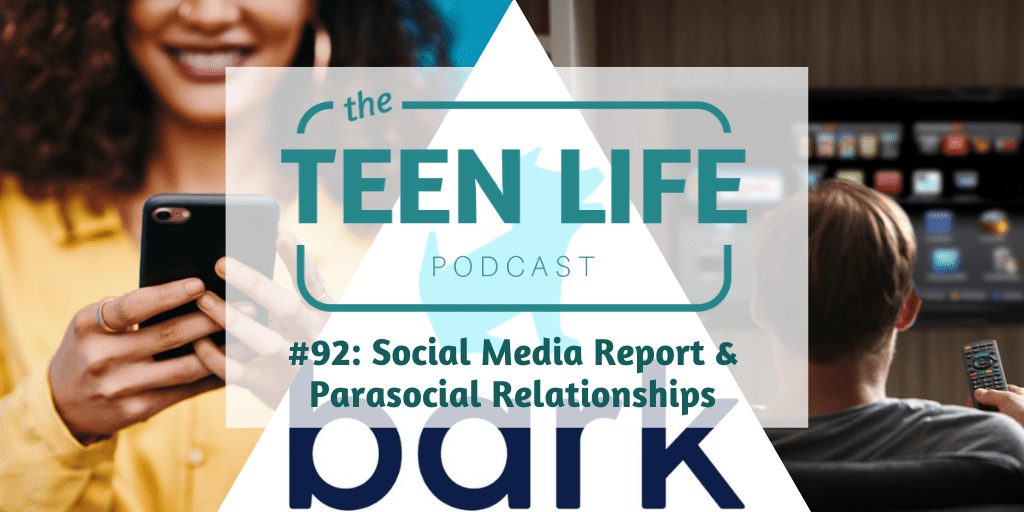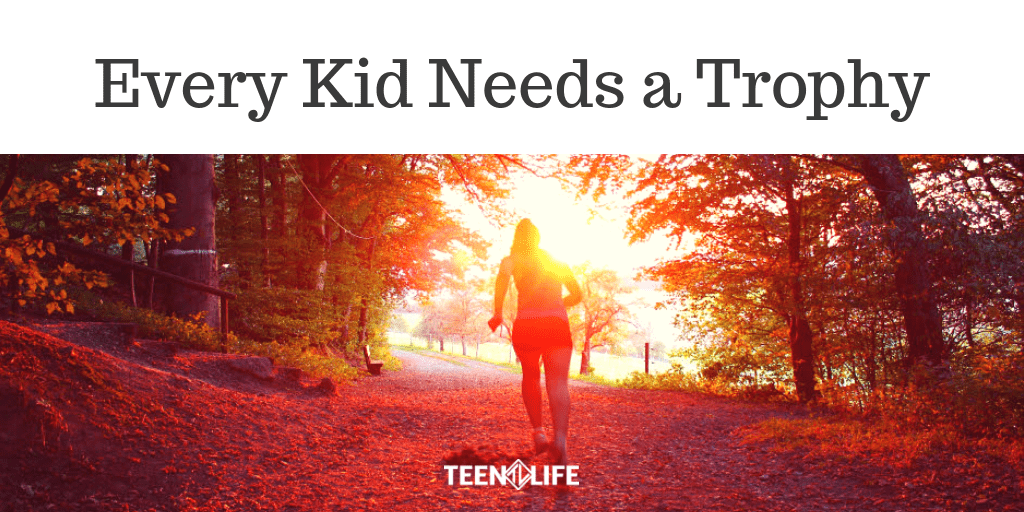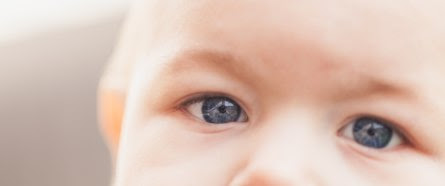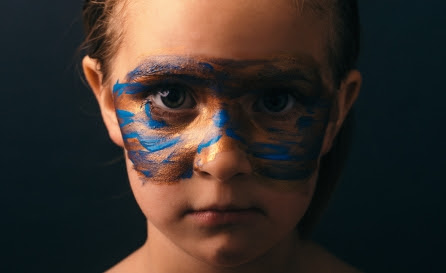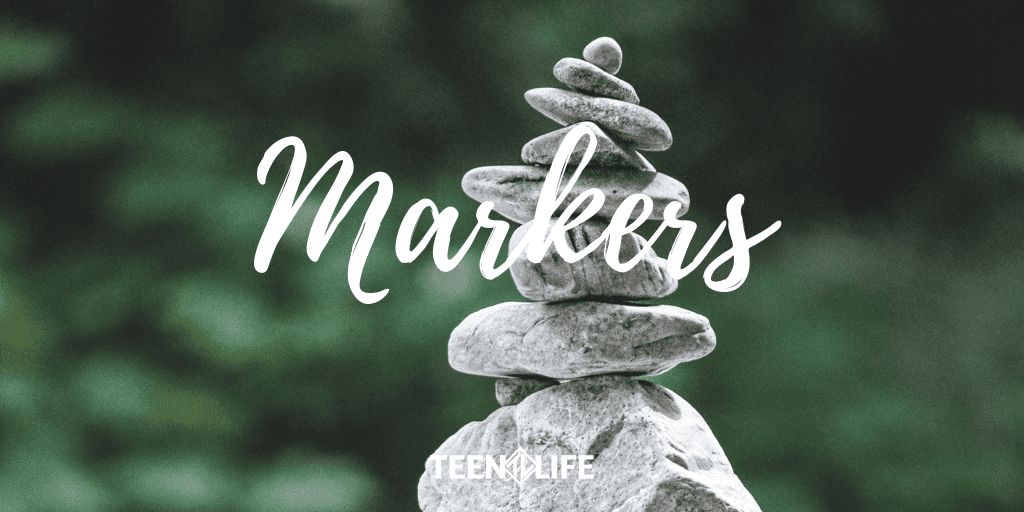
Markers
I was recently in Oklahoma City to train a group of youth ministers. With some extra time, I made a stop at the Murrah Federal Building Bombing Memorial and Museum. What caught my eye more than anything else were the two gates erected at either end of the memorial. The first reads 9:01, the minute before the bomb exploded. The second reads 9:03. The explanation marker says it was designed to represent all of the time before the explosion and then the moment healing begins.
Pause for a minute and let it sink in – a gate dedicated to the moment healing began.
Scripture tells about the Israelites erecting stones to remember the crossing of the Jordan. Therapists create memory boxes with clients experiencing grief. People have sentimental key rings or stuffed animals or pieces of jewelry, such as wedding rings, to commemorate major life events.
We call these markers.
Tragic events themselves become markers of pain and loss, forever etched in our memory. For those of us old enough, we remember exactly what we were doing September 11, 2001. But for those of us who insist life won’t end in tragedy, it becomes imperative to plant the stones that claim healing.
The impact of a conversation that creates a turn. The tears that finally come when we are allowed to feel our true feelings. The first kind word in a long time. Finally finding a safe space.
What markers will we plant when we decide that our loss will not have the last word?
Unfortunately, creating markers does not always come naturally for me. It was not something I was taught when growing up and have had to learn to navigate on my own. And I have found that, without markers, it is easy to forget.
And yet, despite missing some, the markers I have deeply matter. They remind me of shifts in my life that dramatically changed me. From my wedding day, to the day my girls were adopted, to the people who prayed over me and my child after we heard the doctor say the word “epilepsy.” They are days of change, but more importantly, they are times when healing began.
What are the 9:03 gates in your life? The moment healing began after life took an unexpected turn? Are you pointing out to others the events that may be markers for them when you see it? Are you teaching your children and the youth you interact with to erect markers that help them remember?
Because sometimes children, youth and adults alike all need to know and remember the exact time healing began.

